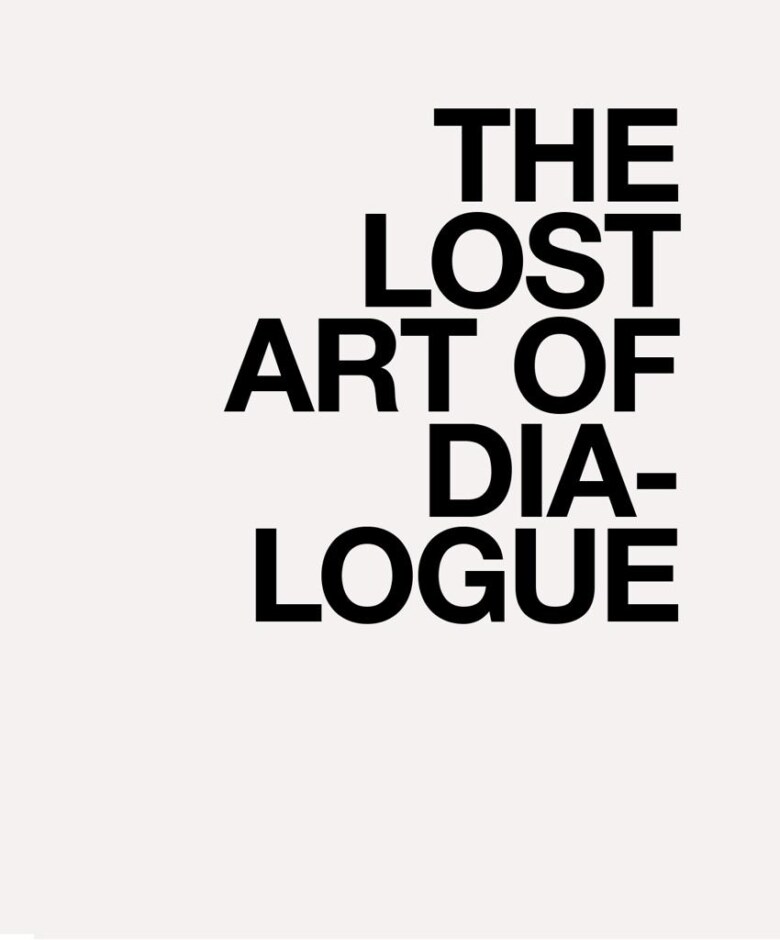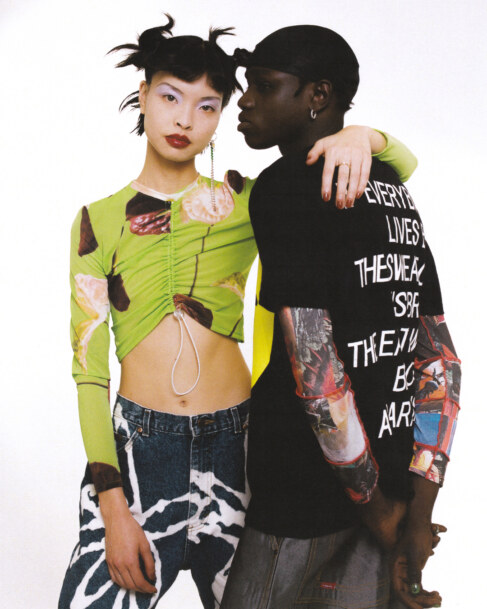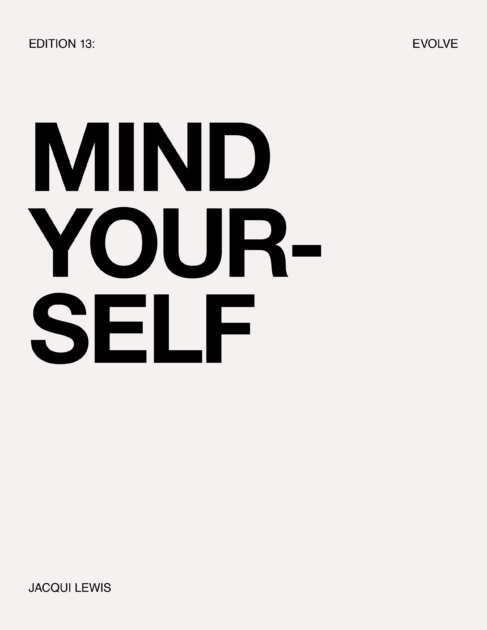
WRITTEN BY: Grace O'Neill
So, here we are again. Four years on, and we are still drinking heavily and sporadically crying as we watch an embarrassingly large number of Americans turn out to elect Donald Trump. It looks now as if Biden has pulled through by a slim margin in a few key states, but the tightness of the race is despair inducing in and of itself. Turns out 2016 wasn’t a fluke or a simple rebuke of Hillary Clinton. This is American politics now. A full 70 million people voted to reelect Trump. 70 million! In 2016 Lauren Duca wrote for Teen Vogue that Trump was gaslighting America. Now it feels like America is gaslighting us. How is it possible, given everything we know, given everything he’s done, that the election could possibly be so close?
There was many a dinner party discussion in the months succeeding November 2016 where we tried to find some semblance in our strange new reality. At first the temptation was to shrug Trump supporters off as being ignorant. But then we came to realize that our sanctimonious dismissal of anybody who wasn’t on our side as bigoted, dim-witted deplorables might have had something to do with how we got here in the first place. ‘Dialogue’, ‘nuance’ and ‘echo chambers’ became the buzzwords of a post-Trump world. Social media – which had siloed us into micro communities of like-minded thinkers – proved the perfect scapegoat.
We wanted Zuckerburg tried for treason. We blamed Trump’s ascent on Susan Wojcicki and YouTube’s white supremacist-spawning algorithms. We lamented that Jack Dorsey and his 140 characters had signaled the death of meaningful political conversation. We agreed that we needed to reignite the lost art of reaching across the aisle and engage with our political opponents in good faith arguments. Trump, we agreed, was simply a symptom of a new breed of political tribalism partly facilitated by a small handful of tech companies.
I’m not sure exactly how long that sentiment lasted – or if anyone ever actually genuinely meant it – but it never seemed to eventuate in real life. In fact, Trump’s election has only served to further entrench our ‘us vs. them’ view of the world. Which is understandable, seeing as the man is so fucking awful and engaging in debate with his supporters requires Christ-like reserves of serenity and patience. Were we supposed to ‘meet him halfway’ on electing an accused rapist to the Supreme Court (perhaps someone accused of a less serious sex crime?) Were we supposed to have long, patient conversations with Republicans about the potential downsides of placing infant children in cages at the Mexican border? Were we supposed to negotiate and compromise on the Muslim ban? Ukraine? Charlottesville?
I tried to find genuinely convincing arguments that might go some way to explaining Trump’s ascent, on the off chance that Woke Twitter was hiding them from me. I never found much except on the topic of the economy, which I know makes people on the left’s eyes roll – but it shouldn’t. Unemployment, for example, was at a 50-year low under Trump before Covid hit. As per the Washington Post, low-wage earners experienced their fastest pay increases in their lifetime, 6.4 million new jobs were created (this, however, being in comparison to 7 million in the same three-year period under Obama), and 57% of Americans say they are financially better off since Trump took office.
It is very easy, while drinking an $85 bottle of wine at a restaurant in Paddington, to dismiss these statistics as simply being indicative of personal greed. But the fat cats who benefit from his tax cuts constitute a tiny number of the people who turned out to vote for him. You could convincingly argue that many of Trump’s solutions are quick-fix and won’t help working class Americans in the long term, but what it feels like to a family with a household income of $25,000 a year (the median annual salary for a low-income household) is the tangible difference between being able to put food on the table or pay for life-sustaining medication. This is not something to be sniffed at.
I know all of this, but still struggle to understand how a person could tick ‘red’ in this election. The line between actively condoning Trump’s behaviour and willfully turning a blind eye to it feels so thin as to be inconsequential. There is no way to read these without acknowledging – at best – a mass indifference to having an openly racist, accused rapist occupy the most powerful office in the world. It is no less disheartening to find this out a second time.
This gap, where each side seems completely incapable of comprehending the other, is a problem that won’t disappear should Biden win. Yesterday Reuters published a portfolio of 10 Trump voters whose children have permanently cut ties with them. Harper’s BAZAAR ran a story titled ‘Women, If Your Husband Votes For Trump, Divorce Him’. Granted, these as hyperbolic ends of the spectrum – but they speak to the deeply fractured nature of American social life now, and it will take a long time to repair the cracks.
Writers are constantly seduced by the idea that we can answer life’s big questions and are constantly humbled to find that those answers simply don’t exist. I have been thinking, writing and talking about Trump for the last four years and I am no closer to understanding his appeal than I was in 2016. And I certainly haven’t come any closer to figuring out how we resolve our fraught political rhetoric. I still believe that the only way to real progress is to effectively out-argue the people we disagree with; I believe that treating straight white men as if they’re ‘the enemy’ is childish and unhelpful and I believe that many complicated social issues have been reduced to opaque good/bad binaries, and that this is driving people further along the extremes of the political spectrum. But I also don’t know how to not be appalled at the 70 million people that voted red on Tuesday – or how to find anyone in Trump’s orbit anything short of morally reprehensible.
And so we’ll sit with the paradoxes, and hope that things start to get better. Surely, surely, they can’t get any worse.
–
SIDE-NOTE acknowledges the Eora people as the traditional custodians of the land on which this project was produced. We pay our respects to Elders past and present. We extend that respect to Aboriginal and Torres Strait Islander peoples reading this.








